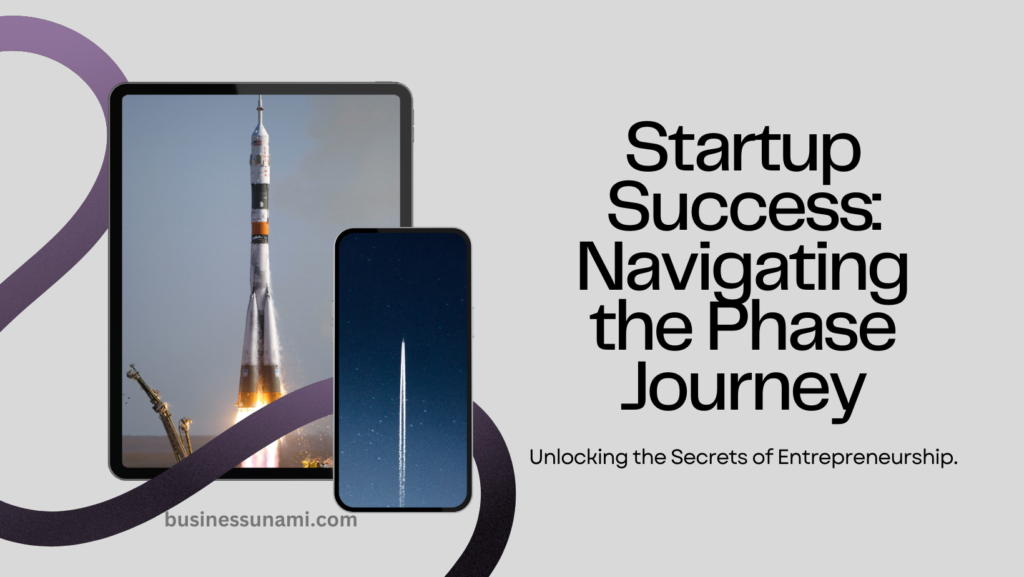
Unlocking the Secrets of Startup Success: Navigating the Phase Journey
Embarking on a startup journey is akin to setting sail on a voyage into the unknown. It’s a thrilling adventure filled with promise, potential, and, inevitably, challenges. While many dream of entrepreneurial success, few understand the intricate phases that characterize the startup lifecycle. In this article, we’ll delve into the secrets of startup success and unravel the phases of the entrepreneurial journey.
- Idea Generation: Every startup begins with an idea – a spark of inspiration that has the potential to disrupt industries or solve pressing problems. During the idea generation phase, entrepreneurs brainstorm, research, and refine their concepts, exploring market opportunities and customer needs. This phase is characterized by creativity, curiosity, and a willingness to challenge the status quo.
- Validation and Market Research: Once an idea takes shape, the next step is to validate its feasibility and market potential. This involves conducting thorough market research, gathering feedback from potential customers, and testing assumptions through prototypes or minimum viable products (MVPs). The validation phase is critical for mitigating risks and ensuring that the startup’s value proposition resonates with its target audience.
- Product Development: With validation in hand, entrepreneurs move on to the product development phase, where they bring their ideas to life. This stage involves designing, building, and refining the product or service, incorporating user feedback and iterating based on market demand. The goal is to create a scalable and sustainable solution that addresses a specific need or pain point in the market.
- Launch and Growth: The launch phase marks the official introduction of the startup’s offering to the market. It’s a pivotal moment that requires careful planning, marketing, and execution to generate buzz and attract early adopters. As the startup gains traction and acquires customers, it enters a period of rapid growth characterized by scaling operations, expanding market reach, and optimizing business processes.
- Scaling and Expansion: As the startup matures, it enters the scaling and expansion phase, where it seeks to capitalize on its early success and accelerate growth. This involves scaling operations, increasing market penetration, and exploring new revenue streams or geographic markets. It’s a phase marked by strategic decision-making, resource allocation, and a focus on sustainable growth.
- Maturity and Innovation: In the final phase of the startup journey, the company achieves maturity and stability. However, rather than resting on its laurels, successful startups continue to innovate and evolve to stay ahead of the competition. This may involve diversifying product offerings, entering new markets, or leveraging emerging technologies to drive continued growth and relevance.
Throughout the startup journey, entrepreneurs encounter a myriad of challenges, setbacks, and uncertainties. From securing funding to navigating market dynamics, each phase presents its own unique obstacles that must be overcome. However, by embracing the iterative nature of the startup process, remaining agile and adaptable, and staying true to their vision, entrepreneurs can unlock the secrets of startup success and navigate the phase journey with confidence.
In conclusion, the secret to startup success lies not only in having a brilliant idea but also in effectively navigating the phases of the entrepreneurial journey. By understanding and embracing the iterative nature of the startup process, entrepreneurs can overcome challenges, seize opportunities, and ultimately build thriving businesses that leave a lasting impact on the world.
